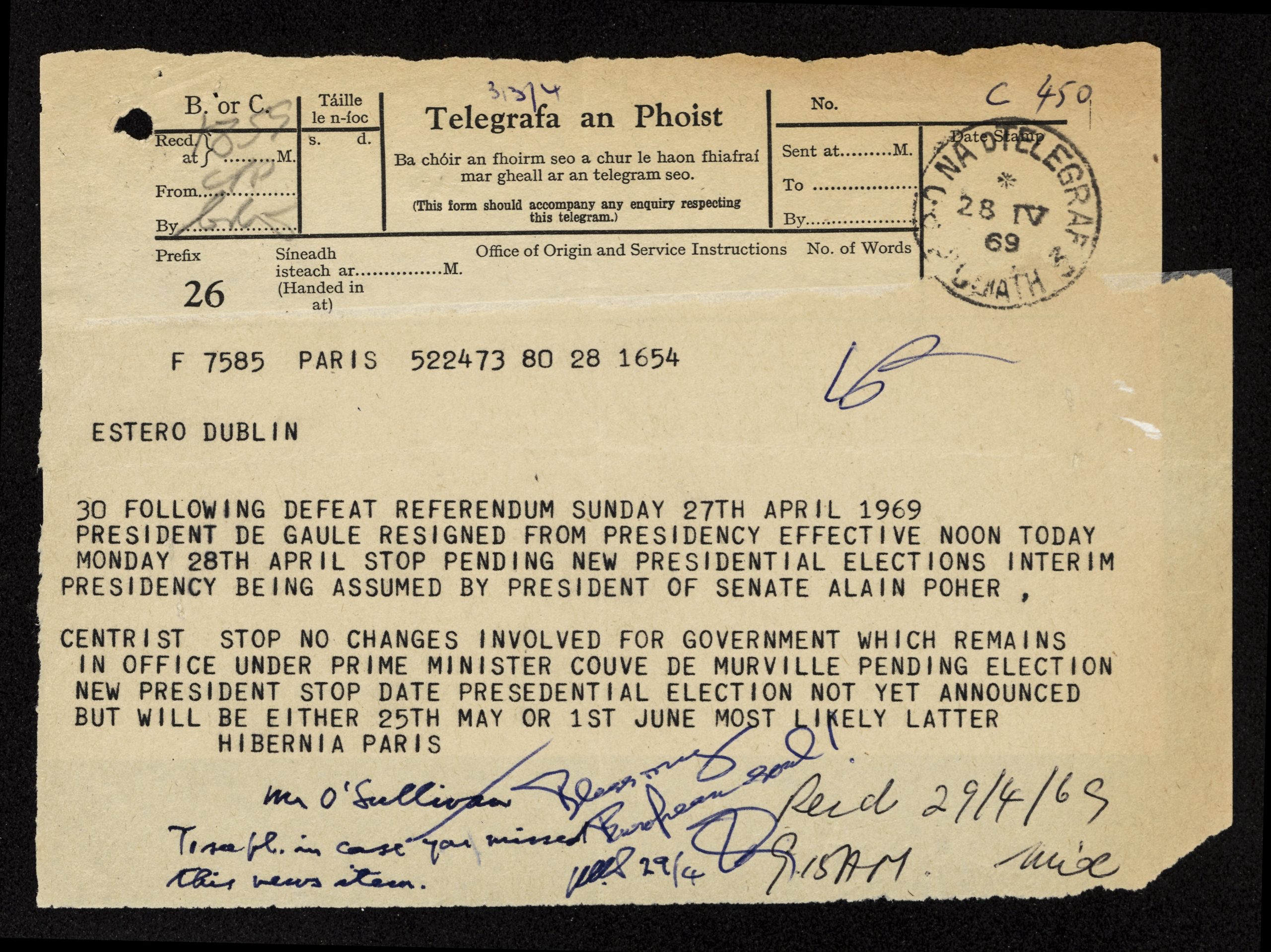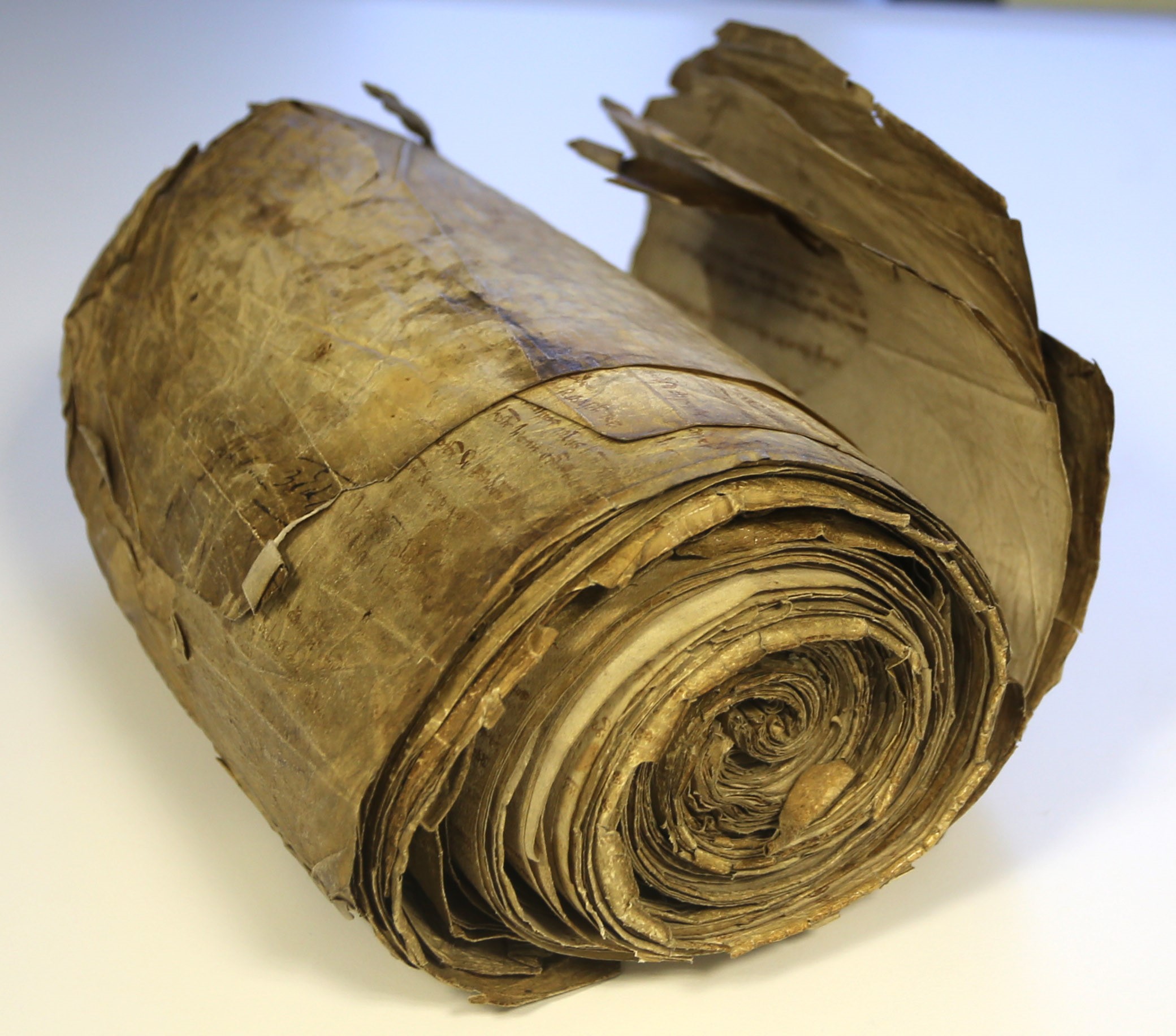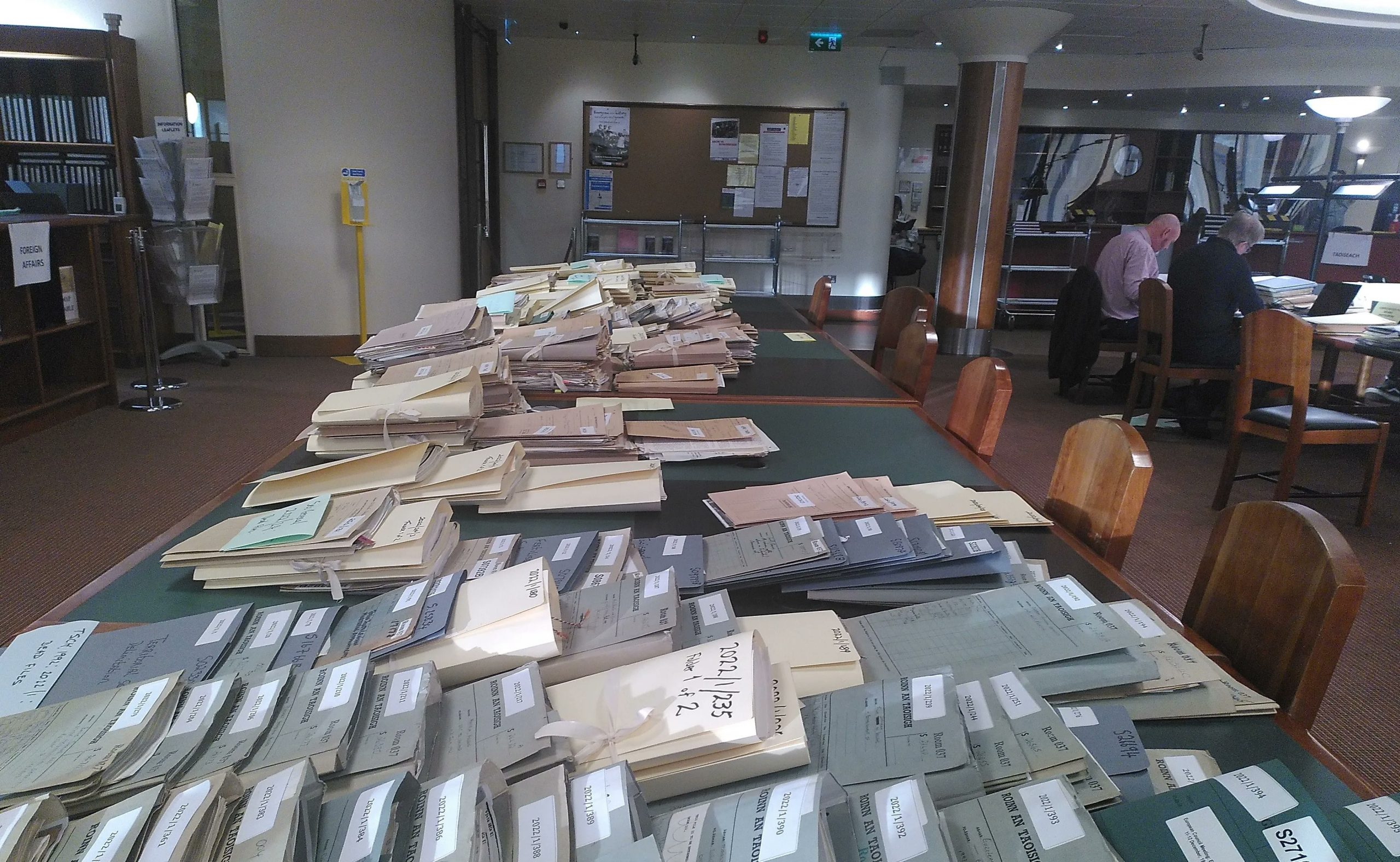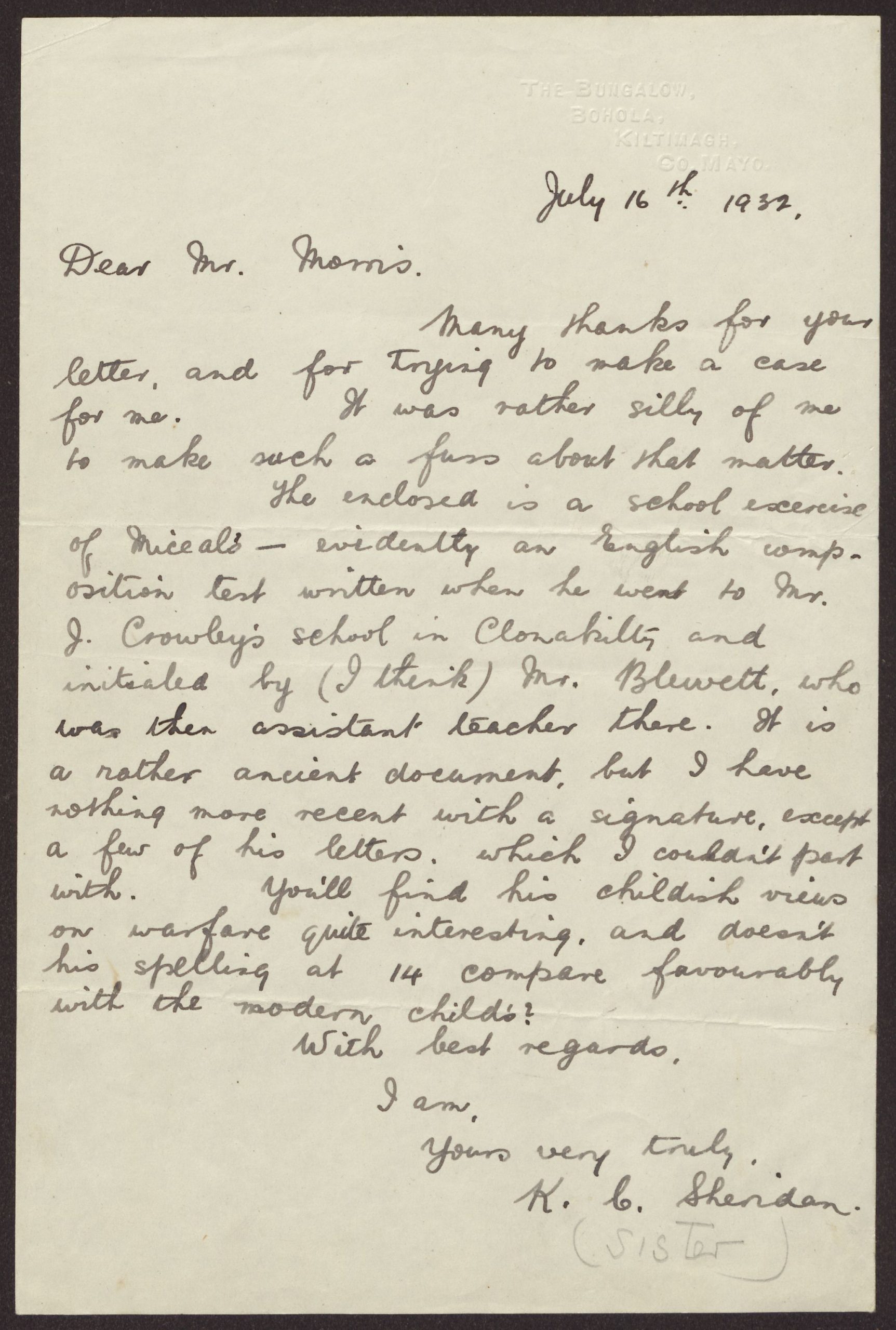Files in focus: A telegram on the resignation of Charles de Gaulle, 28 April 1969

The document above is something of a curiosity: communications technology rendered the telegram obsolete quite some time ago. Irish diplomatic missions regularly reported back to Dublin by post (the traditional ‘diplomatic bag’) but rapidly changing events might require faster means of communication; and in 1969 telegrams could do that job. This telegram is reproduced in the latest volume – XIII – in the Royal Irish Academy’s Documents on Irish Foreign Policy series, covering the years 1965 to 1969. The original is nestled in a file (NAI, DFA 2001/43/214) containing the regular reports sent back to Dublin by the Irish ambassador in Paris and registered something that the Irish embassy felt should be reported as quickly as possible: the resignation of French President Charles de Gaulle on 28 April 1969.
There was a good reason for this. Under Taoiseach Seán Lemass, Irish membership of the European Economic Community (the EEC, as the EU was then known) had become a strategic objective, due to the potential it offered for economic growth, and for extricating the Irish economy from its traditional dependence on Britain, the destination at this time for the vast bulk of Irish exports.
But precisely because of that dependence, Ireland could not realistically join the EEC unless Britain did so too. And this is where the iconic figure of de Gaulle loomed large in the worldview of Irish policymakers. Throughout the 1960s he effectively vetoed British membership of the EEC, due to his deep distrust of Britain’s ‘special relationship’ with the United States and its economic relations with the US and the Commonwealth. De Gaulle expressed a great deal of goodwill towards Ireland (he was a particular admirer of Éamon de Valera), desired closer co-operation between Ireland and France, and assured Irish officials and politicians that he had no objection in principle to Ireland joining the EEC. But his opposition to British membership was perhaps the biggest obstacle to Irish membership, for Ireland could not join the bloc if it was going to be separated from its biggest market (a conundrum that, in fairness, de Gaulle was sympathetic towards).
And so, when de Gaulle resigned on 28 April 1969 following defeat in a referendum on political reforms, it deserved a telegram to itself; a path once blocked might now become open. Ireland did not join the EEC until 1973, but the comments written on the telegram after it was received in Dublin, to be circulated within the Department of External Affairs, suggest that the implications of de Gaulle’s sudden departure from politics were not lost on Irish officials; most especially the one who inscribed this copy of the telegram with ‘Bless my European soul!’
This telegram is included in DIFP XIII as No. 519.
John Gibney is Assistant Editor with the Royal Irish Academy’s Documents on Irish Foreign Policy (DIFP) project. The DIFP series publishes archival material relating to Ireland’s foreign relations since 1919 and is a partnership project of the Royal Irish Academy, the National Archives and the Department of Foreign Affairs: www.difp.ie. Documents on Irish Foreign Policy Vol. XIII: 1965-1969 is published by the Royal Irish Academy.


